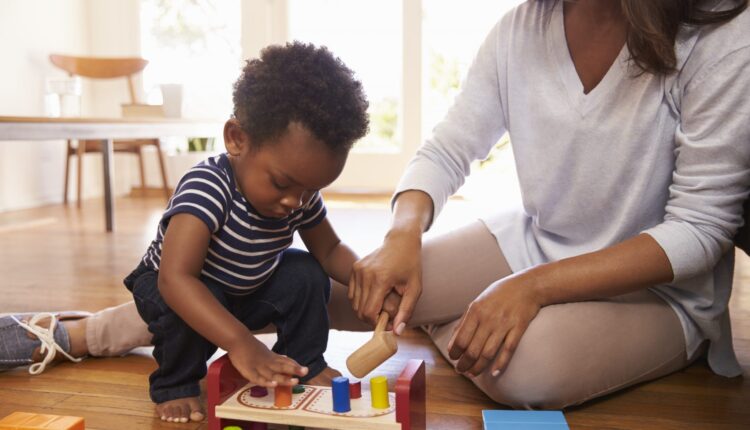Should Parents Praise Their Children?
KEY POINTS
- A recent backlash against praising children suggests that praise makes children overly dependent on the approval of others.
- However, research consistently shows that praise generally has positive impacts on children and is an effective parenting strategy.
- Praise should be specific, sincere, and supportive of a child’s autonomy, as well as focused on factors a child can control.
Most loving parents feel a natural desire to praise their children. Yet there seems to be a backlash recently against praise, particularly on social media.
Some have argued that praising children will cause them to become overly dependent on validation from others and ultimately reduce their internal motivation to engage in the behavior that you are praising them for.
So what does the research actually find about praising children?
Is it an effective way to encourage children and improve the parent-child relationship?
Or will it make children overly dependent on the approval of others and lacking in internal motivation?
Research suggests that praise generally has a positive impact on children, as praise has been associated with improved academic performance, increased intrinsic motivation to engage in kind and helpful behavior, and enhanced social competence.
Praise is also associated with increased brain matter in an area of the brain associated with empathy, conscientiousness, and open-mindedness.
Finally, praise is a core tenet of positive parenting, as defined by research, and is an essential part of most evidence-based parenting programs.
However, research does find that how you praise your child matters and that some types of praise may be better than other types of praise.
So how exactly should you praise your children?
Here are 7 evidence-based tips for praising children effectively.
1. Praise the process, not the person
Praise your child’s effort, strategy, and process, rather than praising traits that they cannot change as easily (such as intelligence, athleticism or beauty).
Research finds that this type of “process praise” enhances children’s internal motivation and persistence in the face of challenge. “Person praise” (that is, praising traits associated with the person) tends to make children fixate more on their mistakes, give up more easily, and blame themselves.
2. Use supportive rather than controlling praise
Research suggests that praise should support your child’s autonomy and encourage their own judgement of themselves. For example, “It looks like you really enjoyed that” rather than “It makes me so happy when you score a goal,”
3. Avoid using praise that compares your child to other children
When you use praise to compare your child to other children, it seems to enhance performance in the short-term.
However, in the long-term, this practice may be related to individuals judging their performance only in relation to other people rather than meeting their own goals or enjoying it themselves.
However, it is important to note that these findings may not apply to individuals from collectivist cultures.
4. Use specific rather than general praise
Research finds that praise with specific information helps children to learn how to improve their behavior in the future.
For example, “great job putting your toys back in the bin when you were done using them” helps children to learn a specific expectation.
If you simply say “great job” after your child cleans up their toys, they may not know what you are referring to.
However, it is also important to mention that a recent study found that even general and vague praise (“Yea” in this study) may not undermine persistence or make kids view themselves more negatively.
The only concern with this type of general praise is that it may not give children an idea of how to improve in the future.
5. Use gestures as praise
Research also suggests that parents may want to use gestures (high fives, thumbs up) to encourage their children occasionally.
Research finds that gestures may even be very effective in improving children’s self-evaluation, that is their own judgement of how they did and how they feel about it.
6. Be sincere with your praise
Research suggests that when children sense that their parents are either over-praising or under-praising their performance, they are more likely to experience depression and lower academic performance.
Research also finds that overly effusive praise (such as, “That is the most beautiful drawing I have ever seen”) is associated with children developing low self-esteem, avoiding challenges, and becoming overly dependent on praise.
7. Combine praise with positive attention
Praise plus positive attention or a positive nonverbal response (hug, smile, pat, or other type of physical affection) seems to be the most effective in improving children’s behavior.
However, it is important to note that parents do not have to follow all of these rules perfectly. For example, research finds that as long as most of the praise that children hear (at least three out of four times) is process praise, children show increased persistence and improved self-evaluation.
In summary, praise enhances motivation and perseverance and improves behavior when it is sincere, suggests that the child has control over improving the outcome, supportive rather than controlling, encouraging of internal motivation, does not compare the child to others, and is specific and accurate.



